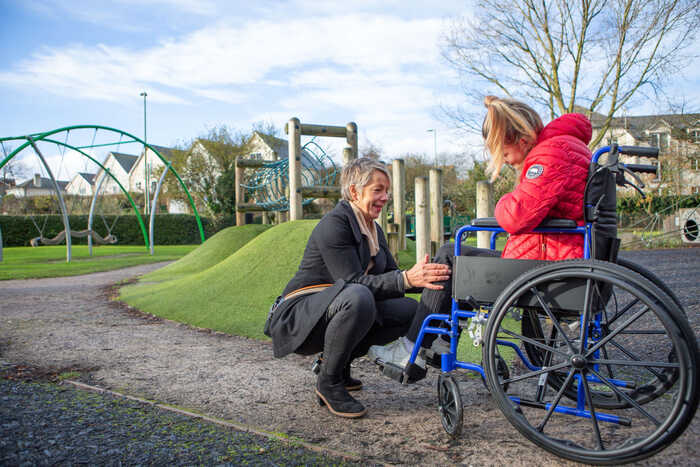What Is The Role Of A Case Manager In A Spinal Injury?
The role of a case manager in spinal injury care is integral and multifaceted, focusing on coordinating various aspects of a patient's care to ensure the best possible outcomes. The core responsibilities involve assessment, planning, implementation, coordination, and evaluation of care services tailored to the individual's needs. Case managers act as liaisons between patients, families, healthcare providers, and other relevant parties to ensure comprehensive care delivery

Setting realistic goals for recovery pathway
At the core of case management is the establishment of a clear, personalised pathway that addresses the full spectrum of a patient's needs, from medical treatment to emotional support and lifestyle adjustments. This involves a detailed assessment and planning phase, where case managers meticulously evaluate the patient's condition, goals, and the resources available to them. By acting as a liaison between patients, healthcare providers, and other stakeholders, case managers ensure a cohesive approach to care.
The transition from hospital to home is a critical phase where case managers prove invaluable. They facilitate a smooth discharge process, ensuring that the patient's home environment is conducive to their ongoing recovery and long-term wellbeing. This includes coordinating with service providers for necessary adaptations and equipment, as well as arranging for appropriate care services to be in place.
Helping both spinal injury patients and their families
Self-agency and motivation are key themes in the case management approach. Case managers invest significant effort in encouraging patients to take an active role in their spinal injury rehabilitation, helping them set realistic goals and celebrating milestones along the way. This patient-centred approach helps create a sense of autonomy and control while also aiding in the psychological adjustment to new life circumstances post-injury.
The involvement of families and caregivers is also crucial. Case managers work to educate and support the patient's support network, ensuring they have the knowledge and resources needed to provide effective care. This collaborative effort is essential for creating a nurturing environment that promotes the patient's overall quality of life.

How can we help?
The role of case managers in spinal injury recovery is invaluable, providing a structured, supportive framework that guides patients through their rehabilitation journey. Here at Circle Case Management, we are committed to offering specialised case management services that prioritise the needs and aspirations of spinal injury patients.
Our expertise in coordinating care, coupled with a compassionate, patient-centred approach, underscores the pivotal role case management plays in facilitating a meaningful recovery. If you'd like any advice or guidance for any of the subjects covered in today's blog, please do get in touch. We're here to help.
Posted by Circle Case Management on January 24th 2024


